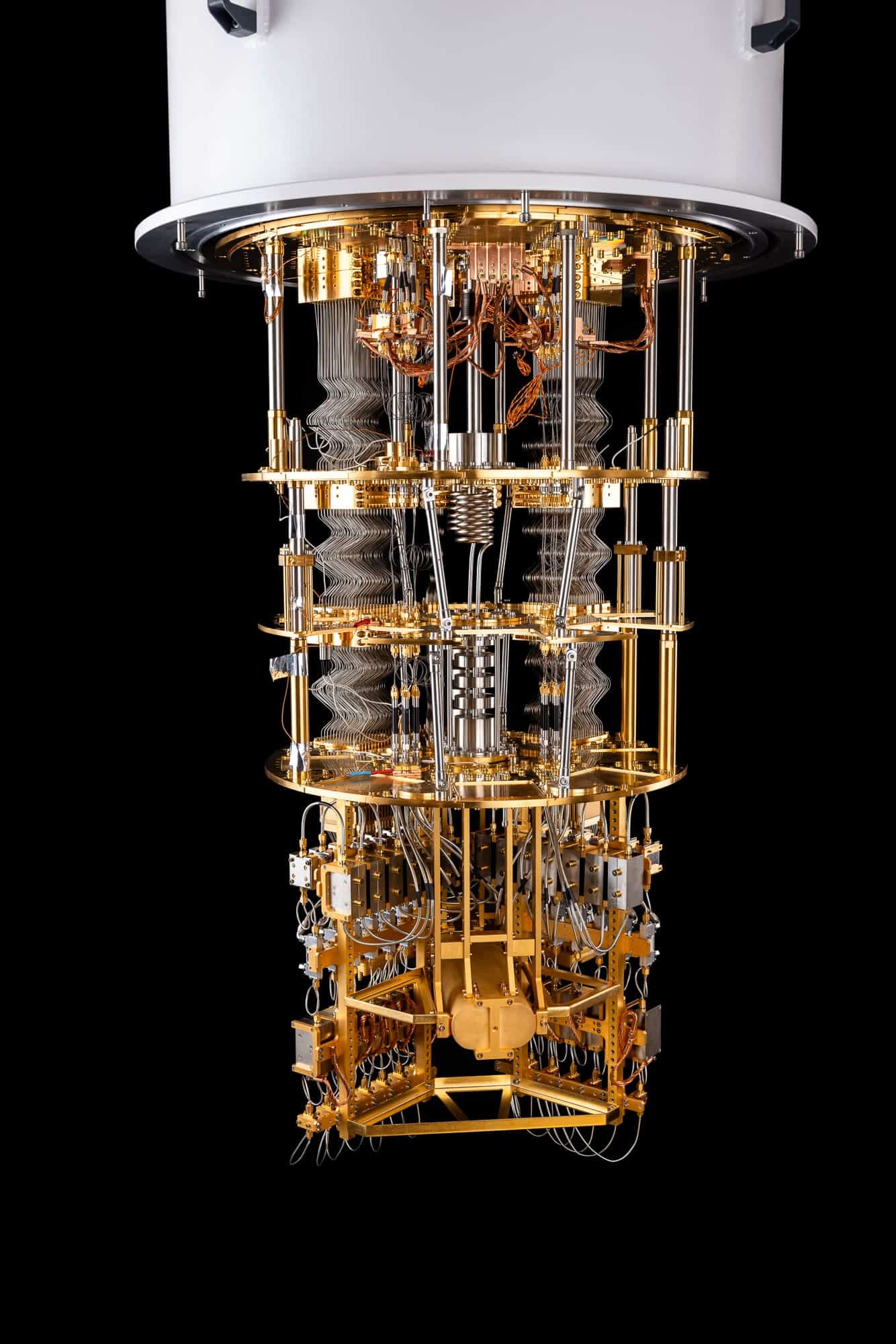The American company Rigetti Computing, Inc. (Nasdaq: RGTI), a pioneer in full-stack quantum computing, and the Centre for Development of Advanced Computing (C-DAC), India’s leading R&D agency under the Ministry of Electronics and Information Technology (MeitY), have signed a memorandum of understanding (MOU) to collaborate on the co-development of hybrid quantum-classical systems aimed at government laboratories and academic institutions across India.
A strategic partnership for the quantum future
The agreement aims to leverage Rigetti’s expertise in superconducting qubit quantum hardware and C-DAC’s track record in high-performance computing (HPC) to design hybrid systems capable of solving complex problems beyond classical computing capabilities.
“By combining C-DAC’s leadership in HPC solutions with our experience in superconducting quantum systems, we can design and deliver powerful and practical hybrid systems,” said Subodh Kulkarni, CEO of Rigetti.
Meanwhile, Shri E. Magesh, Director General of C-DAC, noted that this collaboration is key to advancing cryogenic electronics, superconducting quantum hardware, and access to advanced processor manufacturing technologies, central elements of the ChipIN program that aims to strengthen India’s semiconductor design capabilities nationally.
India’s role in the quantum revolution
India has identified quantum computing as a strategic priority within its India Semiconductor Mission (ISM). C-DAC leads several initiatives in this domain:
- Development of quantum accelerators and a national reference facility in quantum computing.
- Progress in quantum communication and middleware software for hybrid systems.
- Initiatives to create quantum processing units (QPUs) and locally designed cryogenic controllers.
Partnering with Rigetti marks a further step in this ecosystem, aiming to position India among the global leaders in emerging quantum technologies.
Rigetti: from cloud quantum computing to scalable processors
Founded in 2013, Rigetti has been a trailblazer in providing access to cloud-based quantum computers since 2017. It also sells on-premises systems with processors ranging from 24 to 84 qubits to national laboratories and research centers.
In July 2025, the company announced Cepheus™-1-36Q, the industry’s largest multi-chip quantum computer, demonstrating scalability toward systems with over 100 qubits through a modular architecture of chiplets. This technology is crucial for achieving fault-tolerant systems necessary for practical quantum computing.
Rigetti emphasizes that superconducting qubits provide gate speeds more than 1,000 times faster than other modalities like ion traps or neutral atoms, making them especially suitable for hybrid systems.
Global context: the surge in quantum investment
The quantum computing market is heavily driven by public funding. According to the McKinsey Quantum Technology Monitor (June 2025):
- In 2024, governments announced $1.8 billion in investments, representing 66% of total funding.
- By early 2025, investments had already surpassed $10 billion globally.
This environment positions the Rigetti-C-DAC collaboration as a strategic move not only for India but also for international competitiveness in emerging quantum technologies.
Implications of the partnership
The collaboration will explore several areas:
- Joint design and development of hybrid quantum-classical systems.
- Creating application workflows that leverage the hybrid infrastructure.
- Activities focused on training and capacity building to develop local talent in quantum computing.
Frequently Asked Questions
What is a hybrid quantum-classical system?
It’s an infrastructure combining quantum processors and traditional (HPC) processors to solve problems more efficiently by leveraging the strengths of both.
Why is India’s role crucial in this partnership?
India aims to reduce technological dependency, strengthen its semiconductor ecosystem, and become a leader in quantum computing through initiatives like ChipIN and the India Semiconductor Mission.
What sets Rigetti apart from other industry players?
Rigetti developed the first scalable multi-chip quantum architecture and offers quantum-classical integration from the cloud to on-premises systems, making it a pioneer in the industry.
How will this collaboration impact the future quantum market?
If successful, it could accelerate the adoption of hybrid systems, enable new use cases in sectors like defense, energy, or healthcare, and enhance India’s technological autonomy in a rapidly expanding global market.

